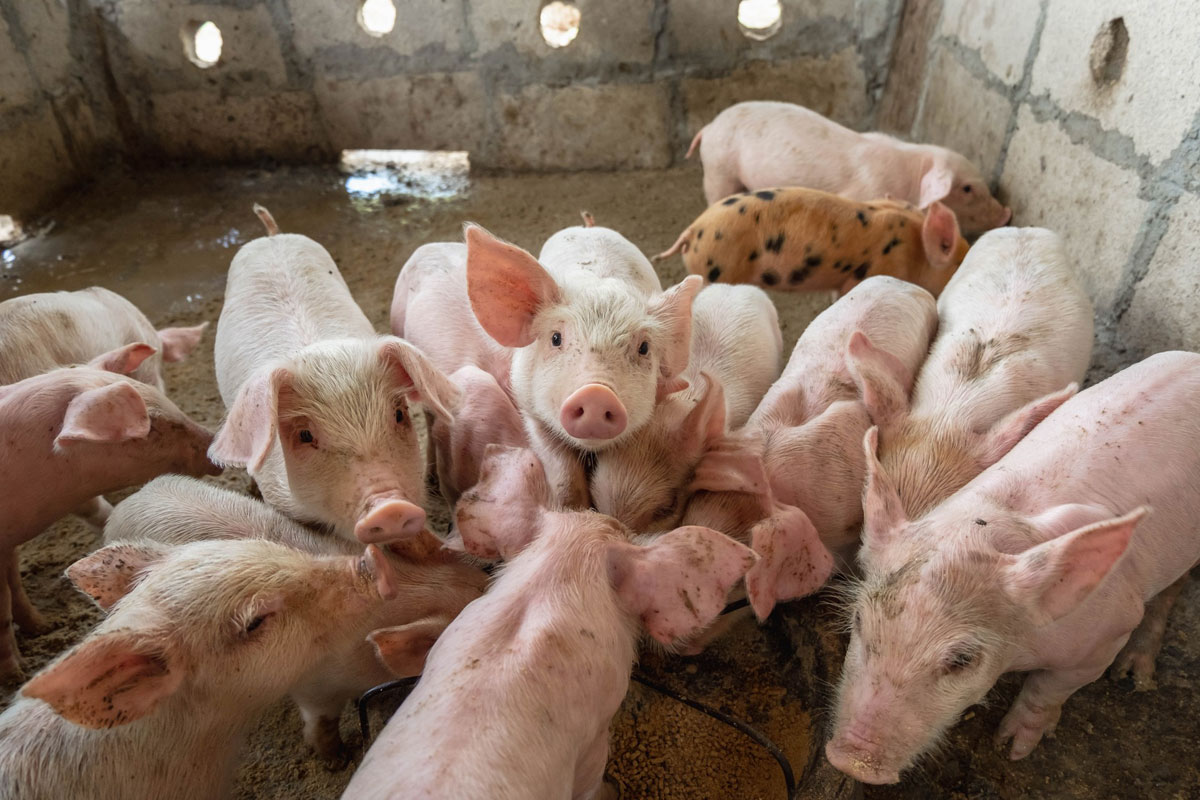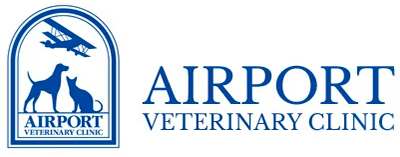Welcome to Airport Veterinary Clinic
About Airport Veterinary Clinic
pet MEDICAL SERVICES
We strive to provide the latest and most effective immunizations for pets in Terre Haute, IN.

Pet SURGICAL SERVICES
Procedures for spaying and neutering have a variety of advantages in addition to population control.

Pet diagnostics
Radiology is a non-invasive diagnostic tool allowing our veterinarians to better care for your pets.
To better serve our patients, our staff goes above and beyond



Thank you for making us one of the highest-rated veterinary hospitals in TERRE HAUTE, IN.
Everyone is always so friendly and courteous. I have a very difficult dog as he likes to try to bite everyone when we get there, including me but they deal with him with smiles on their face. We have developed a process to decrease the stress on H and get the jobs done. I would highly recommend Airport Vet Clinic to anyone. And, they do large animals. They are also my horses’ vets. Go see them!
Victoria H.
We called this morning with an emergency for our fur baby. They did not hesitate. Told us to bring him in right away even though they had a full schedule of appointments already. They fixed our little guy up quickly. The cost was amazing. They were fantastic. We are forever grateful. I will recommend them to anyone and we will be lifetime customers. Thank you all so much or fixing our biscuit.
